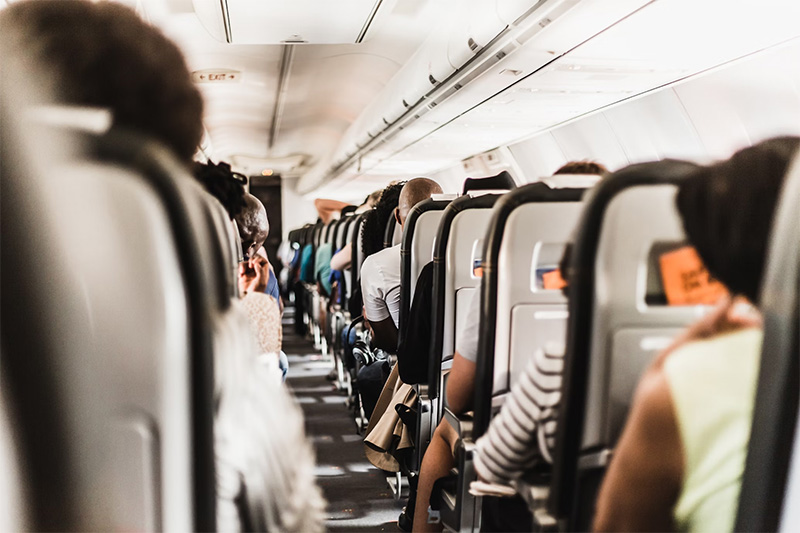How to Overcome Jet Lag Quickly and Effectively
Commonly experienced by travellers, jet lag is defined by a transient disturbance of the body’s natural circadian cycle across several time zones. This phenomena can cause a spectrum of unpleasant symptoms that affect cognitive ability as well as physical condition. Anyone hoping to travel effectively and pleasantly must first grasp the nuances of jet lag, including its causes and effects. Travelers can greatly lessen the stress of shifting to different time zones by using preemptive techniques and adopting new routines.
Understanding Jet Lag
When one travels across several time zones, jet lag results from a disturbance of the body’s internal clock, or circadian rhythm. Symptoms including tiredness, sleeplessness, and trouble focusing may follow from this misalignment. Usually adjusting to a new time zone takes time, thus the body often causes both physical and psychological distress. The degree of jet lag can be affected by things including travel direction, personal sleeping habits, and number of time zones traversed. Developing sensible plans to reduce its influence and enable a better transfer to the new surroundings depends on an awareness of these components.
Preparing for Your Trip
Making forward plans will help to greatly reduce jet lag’s impact. A few days before travel, progressively changing your sleep pattern helps your body clock line up with the time zone of your destination. Dehydration can aggravate tiredness, hence staying hydrated both before and throughout your travel is absolutely necessary. Think about scheduling flights arriving during the day so you may remain awake till a sensible bedtime. Also improving your vacation experience is packing light and comfy clothes. Including mild exercise or stretching during layovers also increases circulation and energy levels, thus smoothes the change once you get at your destination.
Strategies for Overcoming Jet Lag
Using sensible plans can help to reduce jet lag‘s consequences. Arriving natural light is rather important as it tells your body to change with the new time zone. Additionally helping to increase alertness and lessen tiredness is being active during the day. Short naps of 20 to 30 minutes can, if needed, give a rapid energy boost without disrupting evening sleep. Light meals and an avoidance of heavier foods help digestion and increase general comfort. Finally, think about temporarily helping to control your sleep habits throughout the adjustment phase by taking melatonin supplements or sleep aids.
Adjusting to Your New Schedule
Overcoming jet lag requires acceptance of your new calendar. As soon as you are here, start with using the local time for meals and sleep. This lets your body pick the new rhythm faster. To support the change, participate in local time activities include socializing or working out. Maintaining a regular sleep schedule—even on weekends—helps to further steady your internal clock. Steer clear of stimulants like nicotine and caffeine around bed to encourage higher quality of sleep. Patience is important; your body may take several days to completely adapt, hence allow yourself time to change.
Navigating jet lag successfully calls for a proactive approach combining lifestyle modification, strategic corrections, and preparation. Your travel experience will be much improved and discomfort will be greatly decreased by knowing how time zone changes affect your body and using customized plans. Accepting the local calendar and giving self-care top priority can help you not only adjust but also enable you to completely enjoy your location free from residual tiredness. In the end, a conscious travel style can turn jet lag’s difficulty into a chance for a better changeover and more adventure.
Photo Attribution:
1st & featured image by https://unsplash.com/photos/people-seating-in-vehicle-uOc3ldMSAiY
2nd image by https://unsplash.com/photos/woman-sleeping-on-bed-under-blankets-rUc9hVE-L-E






